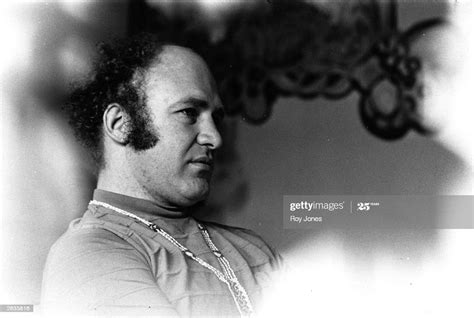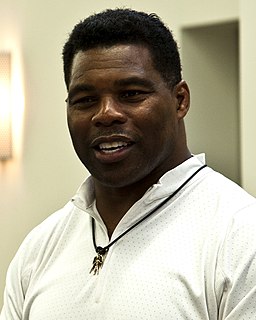A Quote by David Kim
Many Christians understand the Bible to be a collection of stories without an overarching narrative.
Quote Topics
Related Quotes
We, including many Christians, read the Bible through "eyes" conditioned by, and even accommodated to, modern Western culture plus the influences of messages and ideas from other cultures that are alien to the worldview of the biblical writers. Therefore, in order fully to understand the Bible and allow the Bible to absorb the world (rather than the world - culture - absorb the Bible) we must practice an "archaeology" of the biblical writers' implicit, assumed view of reality.
David Foster Wallace was a brilliant experimentalist who I deeply admire. His ability to do formalism helped me understand how to tackle stories like "Dictionary" and "Failed Revolution." "Dictionary," in particular, functions against narrative in many ways - each of the definitions are their own mini-story or prose poem, and the collection of them adds up to create a different effect than the traditional Freytagian Pyramid story.
The Heidelberg Catechism rightly says, for all Christians who allow the Bible to absorb the world for them - who see reality through the biblical story - that the purpose of life is to glorify God - a personal being who is ultimate over us and everything else - and enjoy him forever. This should be clear to all Christians, but many Christians have been influenced to think otherwise even about the Bible because of dabbling in movements such as the New Age Movement or the Gospel of Health and Wealth or even naturalistic humanism.
The Christians and the Jews do not believe that the Bible is the verbatim words of God. In fact it is clear that the books of the Bible are written by men - allegedly inspired men - but humans nonetheless. God in the Bible is spoken of in third person. This gives the believer a degree of caution. If the writers of the Bible were humans and humans are fallible, the Bible should not be taken literally. It is possible to interpret it, use one's logic to understand it in the light of science and adapt its teachings to meet the needs of the time.
When you lose the story that's running like a golden stream underneath all the other stories, you're left with the idea that the Bible is a collection of random-seeming stories about various Bible characters that we're supposed to learn lessons from - almost like an Aesop's Fables. And a book of rules that God wants us to keep so he will love us. And we lose the glorious truth of the Bible that we were loved before even the beginning of time. That God had a plan. That no matter what, he would never stop loving us.
I write for people who aren't Christians. I write for non, new, and nominal Christians who are curious about the Bible and Christianity. They're like New York City. If I can make it there, I can make it anywhere. If I can write a book about the Bible that's engaging enough to attract people who aren't even Christians, I'm betting Christians will want to read it, too.
For whatever reason, thus far it's been important to me not to write that kind of collection. Which means that I've spent months playing tic-tac-notecard, trying to get the stories in an order whereby stories that are similar in any given way (diction, narrative stance, setting, plot) are separated by others that aren't.
There is humanist enterprise of the book, and amongst that there are many, many stories. And that is why at the end, when he says that the stories are so illuminating that they must be engraved and encased in gold and put in the palace library, the people who compile the book are telling us that this is a collection of human wisdom.
Today we cannot assume people, even all Christians, understand the Bible's implicit, underlying view of reality. We have to dig it out and show it to people, including Christians, and ask them to "see reality as this" rather than "as that" - where "that" refers to any number of unbiblical ideas about reality.


































